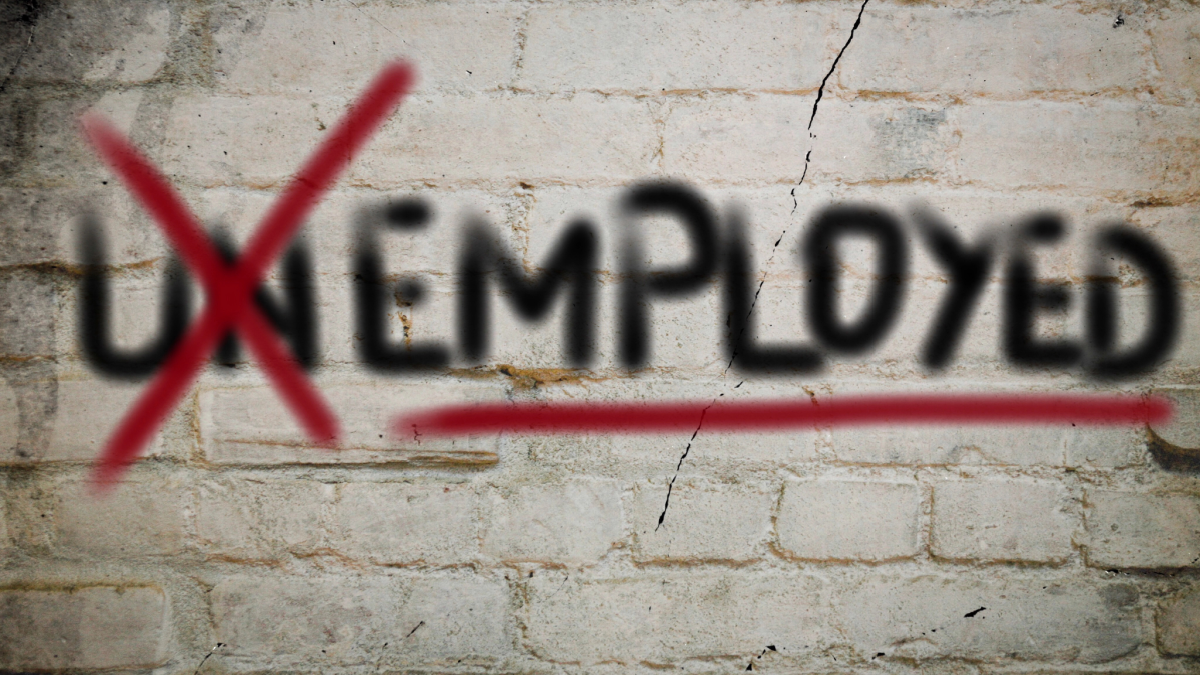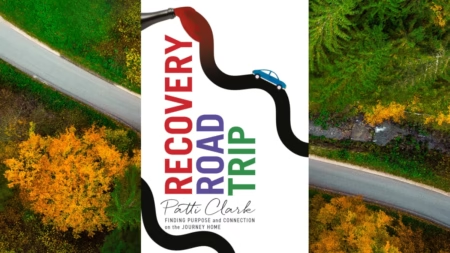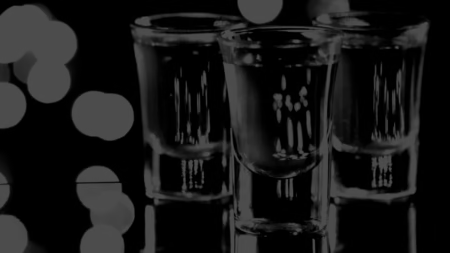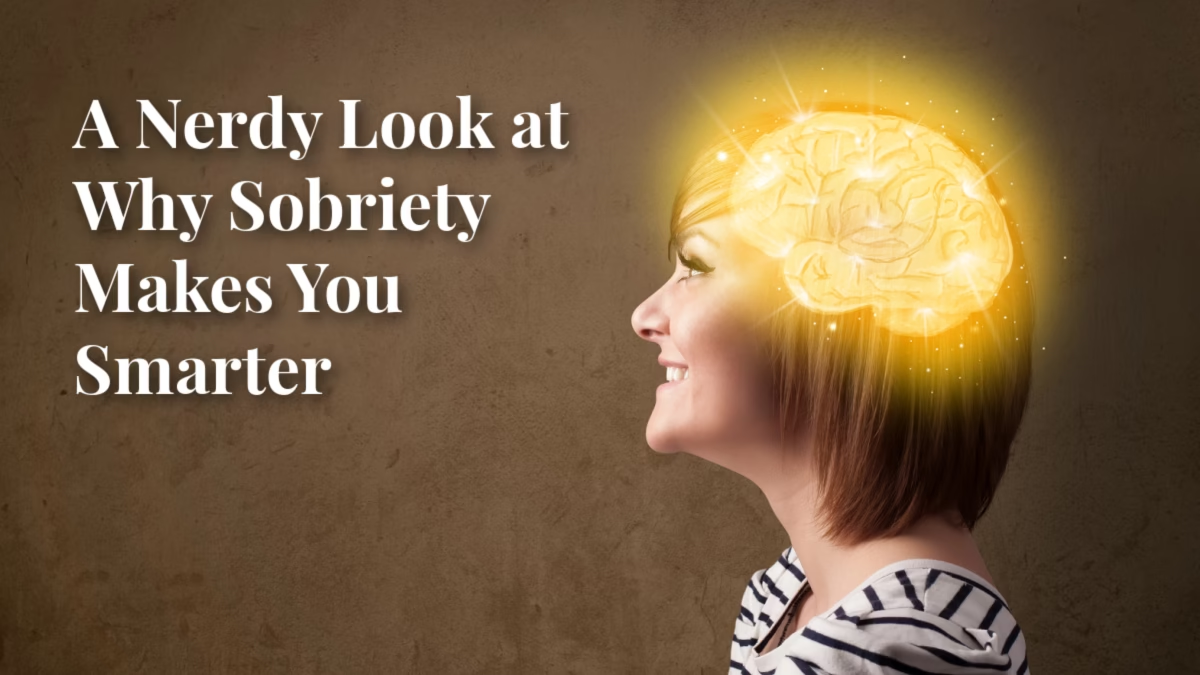
When I first gave up alcohol in 1988, it was because I was a mess. I almost lost my relationship, I was getting in trouble and doing some really stupid stuff, and I eventually wanted to get pregnant and be a good mother.
When I gave up alcohol the second time, after my relapse, I wasn’t just getting in trouble — I realized that my body and especially my brain were suffering due to my alcohol consumption. So I did some research about what actually happens to our brains when we give up booze.
*Warning … the following info gets a bit nerdy about brain science. I found it inspirational as hell to help stay clean and sober … but admittedly, it may be a bit “science nerdy” for some people. If so, you can skip to the bottom for a simple synopsis!
So, what happens when we give up alcohol?
In the first days to weeks, the brain is starting to rebalance and regulate, and can cause withdrawal symptoms and difficulty as the brain rebalances.
- Neurotransmitter rebalance: Alcohol heavily influences GABA (gamma-aminobutyric acid). GABA’s primary role is to reduce neuronal activity, preventing overexcitation and maintaining overall brain function. As this rebalance occurs, we may feel over excited and more anxious than usual.
- Glutamate regulation: Alcohol influences glutamate (excitatory) signaling. Glutamate is essential for processes like learning, memory, cognition and mood. It works by exciting nerve cells. Stopping alcohol consumption suddenly can cause withdrawal symptoms (anxiety and irritability) as the brain rebalances.
- Improved sleep architecture: Alcohol disrupts REM and deep sleep. Within a few weeks, sleep cycles start normalizing, though insomnia is common early on.
- Dopamine regulation: Alcohol artificially boosts dopamine. At first, dopamine activity drops, which can cause low mood and anhedonia (difficulty feeling pleasure)
This mostly sounds negative — that’s why so many people relapse within the first month or so. But hang in there. After a couple of months, everything starts to improve!
- Neuroplasticity recovery: The brain is amazing! Neuroplasticity shows how the brain can keep growing and healing. After a couple of months alcohol-free, the brain starts producing new synaptic connections, particularly in the prefrontal cortex (responsible for decision-making and impulse control).
- Improved cognitive function: Our memory, focus and processing speed improve.
- Stress system reset: One thing I definitely noticed within the first month or so is that my stress response, which had always been overactive, began to calm down, greatly reducing my anxiety.
As we continue in sobriety, we notice huge changes after the first year.
- Grey matter regrowth: Growth in grey matter volume shows up as improved memory and learning capability.
- Better emotional regulation: I think anyone who has been sober awhile can vouch for much greater emotional stability. This is due to the circuits strengthening between the prefrontal cortex and amygdala.
- Reward system normalization: Our dopamine system recalibrates. This makes natural rewards (exercise, relationships, hobbies) a lot more satisfying again.
And as we continue on this journey, the benefits keep on coming.
- Reduced risk of cognitive decline: The longer we don’t drink, the lower the risk of alcohol-related dementia. Our long-term brain health keeps improving.
- Stronger executive function: Our self-control, planning and resilience improve as our prefrontal networks strengthen.
- Persistent improvements in neurogenesis: Our brains continue to generate new neurons, enabling us to keep learning, form new memories, regulate our emotions and improve our mental health.
For those of you less nerdy types who like it in a nutshell …
Here is a simple breakdown of the research:
- First few weeks: Brain rebalance; dopamine drop; mood swings; insomnia may occur at first, but sleep generally improves.
- First few months: Brain system calms down; neuroplasticity recovery; better memory and focus.
- Six months to a year: Emotional regulation improves; reward system normalizes; regrowth in grey matter.
- Over one year: Lower dementia risk; stronger executive function — better planning and self-control; ongoing growth and development of brain and nerve cells.
So for those of you newly sober — hang in there. It absolutely gets better. And for those of us who have been on this path for a while, I hope your find this research as inspirational as I did; a spotlight on a great reason to continue to stay sober!
By NEW Sober Curator Contributor: Patti Clark, @patticlarkauthor on IG, Website patticlark.org
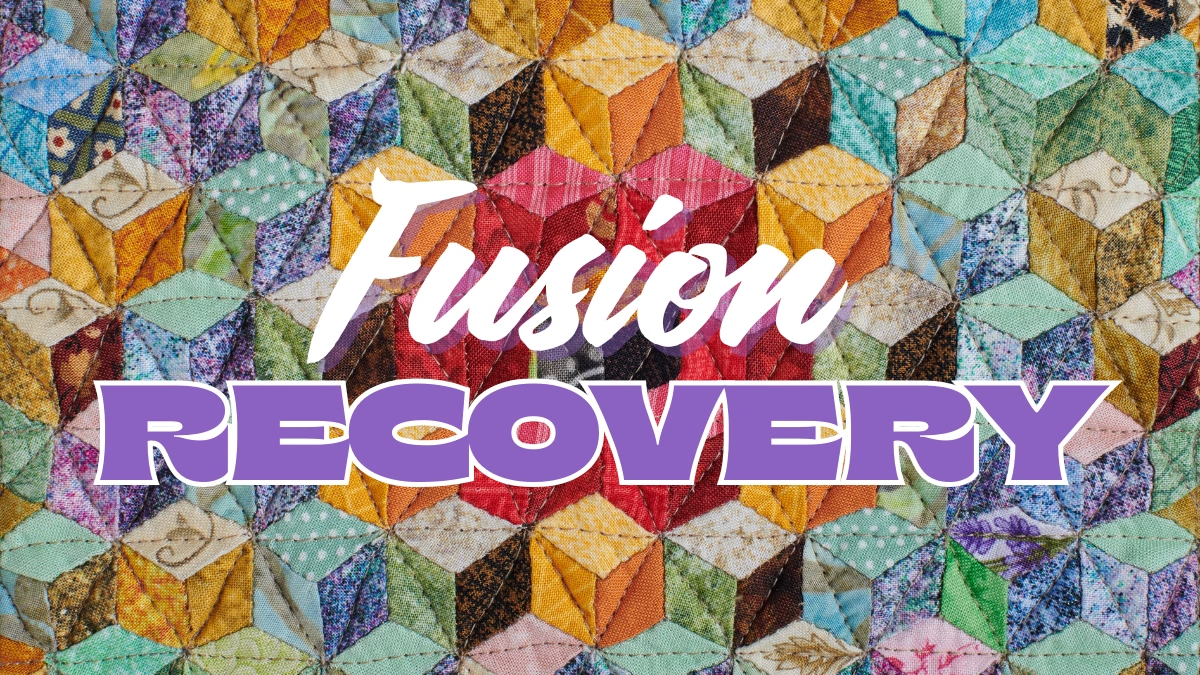
SPEAK OUT! SPEAK LOUD! So Many Addictions … So Little Time! Exploring the Concept of Fusion Recovery by Sober Curator Contributor Patti Clark
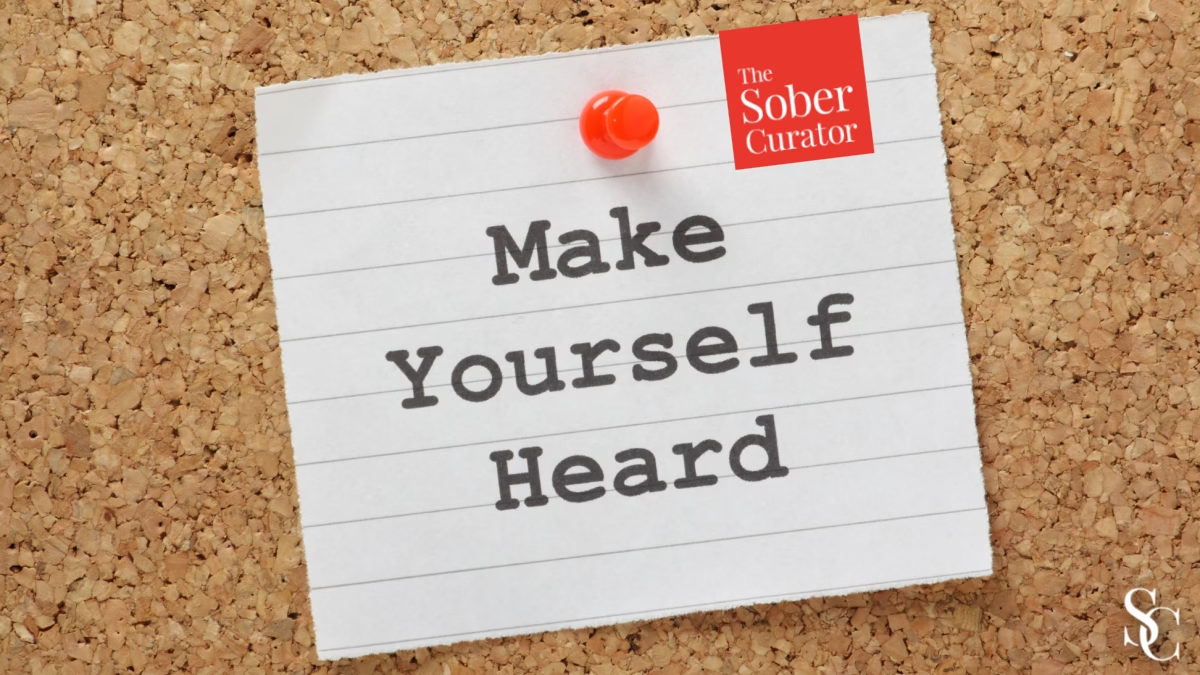
SPEAK OUT! SPEAK LOUD! at The Sober Curator is a celebration of authentic voices in recovery—echoing Madonna’s call to “Express yourself!” Here, readers and contributors take the spotlight, sharing transformative sobriety journeys, creative talents, and new avenues of self-expression discovered along the way. Through videos, poems, art, essays, opinion pieces, and music, we break the silence that often surrounds addiction, replacing it with connection, hope, and inspiration.
Your story matters—and we want to hear it. Submit your work to thesobercurator@gmail.com or DM us on social media.
Disclaimer: All opinions expressed in the Speak Out! Speak Loud! Section are solely the opinions of the contributing author of each individual published article and do not reflect the views of The Sober Curator, their respective affiliates, or the companies with which The Sober Curator is affiliated.
The Speak Out! Speak Loud! posts are based upon information the contributing author considers reliable. Still, neither The Sober Curator nor its affiliates, nor the companies with which such participants are affiliated, warrant its completeness or accuracy, and it should not be relied upon as such.
A Disco Ball is Hundreds of Pieces of Broken Glass, Put Together to Make a Magical Ball of Light. You are NOT Broken, Friend. You are a DISCO BALL!

Resources Are Available
If you or someone you know is experiencing difficulties surrounding alcoholism, addiction, or mental illness, please reach out and ask for help. People everywhere can and want to help; you just have to know where to look. And continue to look until you find what works for you. Click here for a list of regional and national resources.




